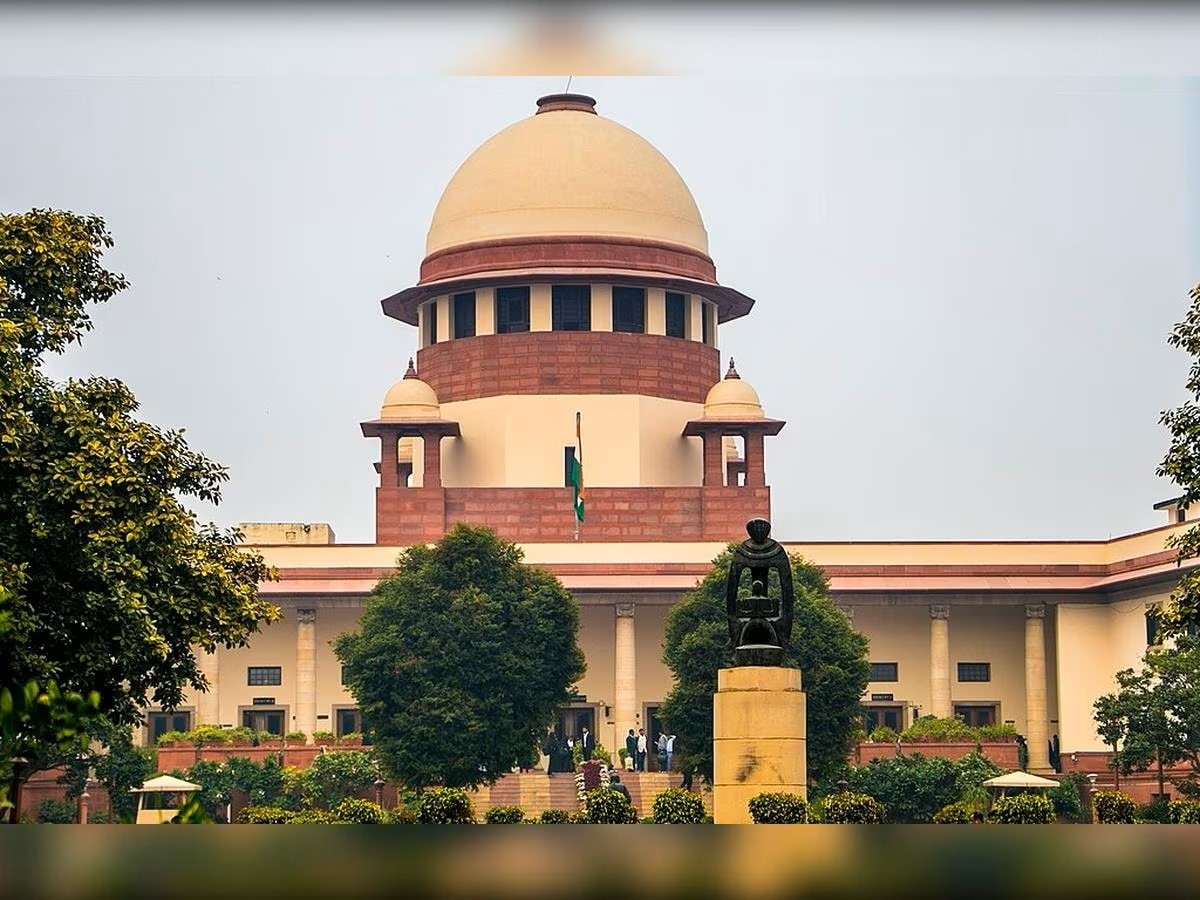The recent public spat between the Kerala government and the central government regarding the state’s finances has transcended national boundaries, igniting debate and resonating with broader global conversations around federalism, fiscal responsibility, and the delicate balance between central control and state autonomy. Beyond the headlines and accusations, lies a complex web of competing narratives, historical context, and economic intricacies that demand a deeper analysis devoid of emotional biases.
 The Pinarayi Vijayan-led government paints a picture of financial suffocation, alleging the Centre’s reduced borrowing limits have crippled their ability to fulfill budgetary commitments. They claim this “withholding” of funds creates a domino effect, jeopardizing crucial welfare schemes, infrastructure projects, and overall economic growth. The state further argues that the Centre’s actions constitute an infringement upon their financial autonomy, a cornerstone of India’s federal structure. This narrative resonates with concerns about federal overreach and the erosion of state autonomy, a topic of debate in various federations around the world, including Spain, Canada, and Germany.
The Pinarayi Vijayan-led government paints a picture of financial suffocation, alleging the Centre’s reduced borrowing limits have crippled their ability to fulfill budgetary commitments. They claim this “withholding” of funds creates a domino effect, jeopardizing crucial welfare schemes, infrastructure projects, and overall economic growth. The state further argues that the Centre’s actions constitute an infringement upon their financial autonomy, a cornerstone of India’s federal structure. This narrative resonates with concerns about federal overreach and the erosion of state autonomy, a topic of debate in various federations around the world, including Spain, Canada, and Germany.
The Attorney General, representing the Centre, paints a contrasting picture. They portray Kerala’s financial woes as self-inflicted, stemming from years of mismanagement. Highlighting concerns like rising expenditure exceeding revenue, inefficient utilization of borrowed funds, and a burgeoning debt burden, the Centre argues that Kerala’s situation poses a risk to national economic stability. They emphasize their responsibility to uphold macroeconomic stability and ensure responsible borrowing practices across all states. This narrative aligns with global concerns about fiscal irresponsibility and its potential to destabilize national economies, a common worry in the era of interconnected financial markets, as witnessed in the Eurozone crisis.
While both sides present seemingly valid arguments, a deeper dive is necessary to avoid getting swayed by partisan narratives. Analyzing independent financial reports, economic data, and expert opinions is crucial to understand the complete picture. Additionally, drawing lessons from global experiences with similar fiscal tensions can offer valuable insights.
Historical Context: Was Kerala’s financial situation already strained before the Centre’s borrowing limit reduction? Examining historical data on debt levels, fiscal deficits, and economic growth in comparison to other Indian states and even globally, can provide a context to understand the recent developments and assess the validity of both narratives.
Alternative Solutions: Could Kerala explore alternative resource generation methods, like asset monetization or improved tax collection, to reduce their dependence on borrowing? Evaluating such options within the context of global best practices for sub-national fiscal management, as observed in countries like Australia and Canada, can provide a holistic perspective on their financial predicament and potential solutions beyond relying solely on central assistance.
Centre’s Justification: Are there valid economic and legal justifications for the Centre’s borrowing limits, considering national debt management and potential spillover effects on other states? Examining independent analyses and legal precedents, along with comparisons to federal borrowing regulations in other countries like Germany and the United States, can shed light on this aspect and contribute to a more informed debate.
Transparency and Communication: Are both sides transparent in their financial data and justifications? Is there clear communication to avoid misinformation and public confusion? Open communication and data accessibility, as witnessed in successful federations like Switzerland and Germany, are crucial for building trust and finding mutually agreeable solutions. Inflammatory rhetoric and accusations, as seen in similar conflicts around the world, only escalate tensions and hinder constructive dialogue.
Resolving this complex issue requires a shift from a tug-of-war mentality to a collaborative effort that transcends political posturing. Both the Centre and the Kerala government need to:
- Present comprehensive data and financial analysis to support their claims, backed by independent experts and credible institutions, similar to how international organizations like the IMF provide guidance to member states.
- Engage in open communication, avoiding inflammatory rhetoric and accusations that escalate tensions, as seen in similar conflicts resolved through dialogue in other federations like Canada and Belgium.
- Explore collaborative solutions that ensure Kerala’s financial stability while respecting their autonomy and adhering to sound fiscal principles, drawing inspiration from successful models of intergovernmental fiscal cooperation observed in federations like Germany and Australia.
- Work towards establishing clear and transparent guidelines for state borrowing limits, considering both national economic stability and state-specific needs, following best practices observed in successful federations globally, like the flexible approach adopted in Canada.




